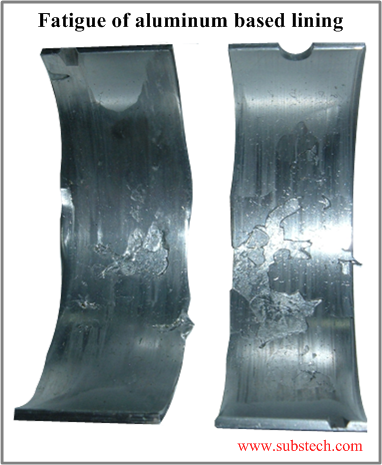- Joined
- Nov 29, 2009
- Messages
- 7,268
Over the years they've quieted down diesels to the point where they're as quiet as a gas car. I would think all that sound reduction also equates to less strain on the internal components of the engine. In the old days the fuel injectors injected all the fuel at one in one or two pulses, now the injectors gradually inject the fuel in 3 or 4 shots on every combustion stroke, making them as quiet as a church mouse. Opinions?

